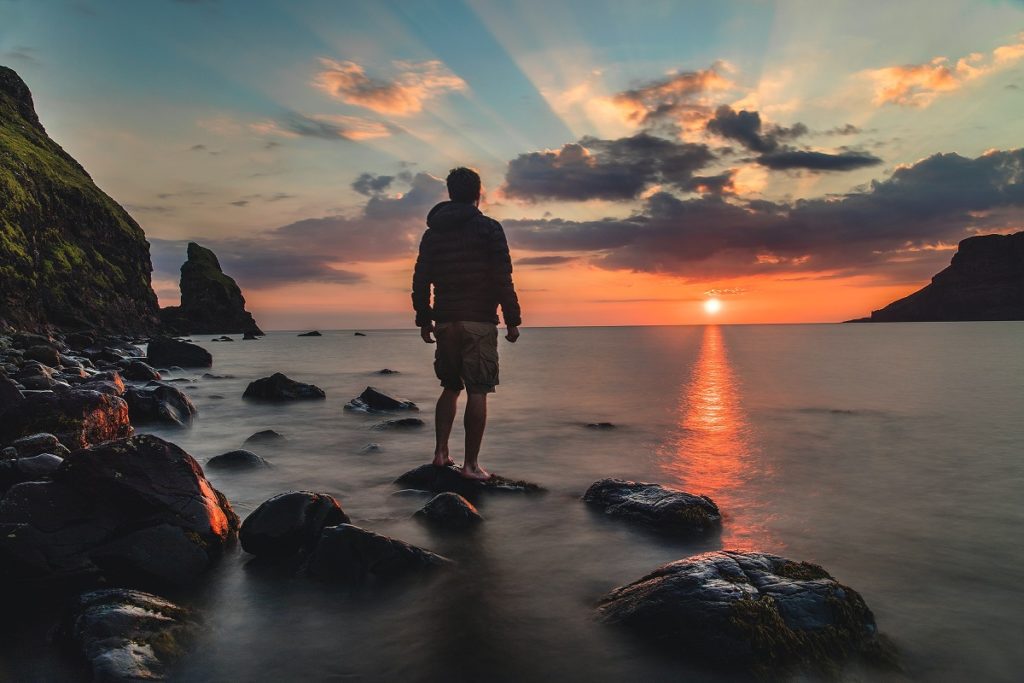The current world situation has given many people time to think of their quality of life, living conditions, as well as the effect of human consumption on the planet and all other living creatures. Some are starting to contemplate on lessening the use of energy and limiting carbon emissions worldwide. But some are also thinking of living off the grid.
It’s More than Going Back to the Basics
Living off the grid has come to mean many things to different people, but the phrase comes from living off the electrical grid. People who choose to live off-grid rely on natural energy resources and try to limit their use of resources and waste production.
Most use solar energy and reuse water resources. Some even try to produce their food, whether by farming or husbandry, and others build their homes. Most people do not use vehicles that run on gasoline, and instead, depend on electric cars or even bicycles.
It appears to most people as going back to a simpler life, but the core of living off the grid is to live a life that does not produce excessive waste and uses nature that is not abusive. So it’s not surprising that most people who choose to live this way build their homes in areas that are away from the larger populated areas.
Starting from Scratch
First, you need to choose a location that suits your needs. If you plan to work, then you need to be closer to your source of employment. Consider commute time and costs, as well as your form of transport. Some choose vehicles that run on used vegetable oil, while some want traditional cars, such as pick-up trucks.
The next thing you should consider is the kind of residence you want to build. You could build a house, or a converted shipping container, a yurt, or even a log cabin. You could buy recycled building materials and tools like plaster, wood, and even glass to build your home, but you could also use waste materials, such as plastics and metal.
But whatever you choose, it should be small. Living off-grid means no to excessive use of resources and space. Some create furniture that suits their area, but some build their own heaters, stoves, and even energy sources, such as wind turbines and generators. All of these are relatively small and rely on natural resources such as wind and compost.
Finally, you should consider your water and heating options. If there is a water source near your chosen location, you could use a pump or a tank that could collect water for your home. Some want to heat their homes the old-fashioned way (logs in the fireplace), but if you think this is labour-intensive, you could choose solar energy to heat your home.
Brush Up on Your Skills
Living off the grid requires knowledge and skills that many may have forgotten. You need to brush up on carpentry, agriculture, and even mechanics. Your chosen location might be too far from the nearest town, so you need to make sure that you can deal with any problem at home.
People now realize that they have been living separately from nature. They have been ignoring how modern civilization is affecting the planet, but now there is a chance to go back to nature without sacrificing modernity and technology.
